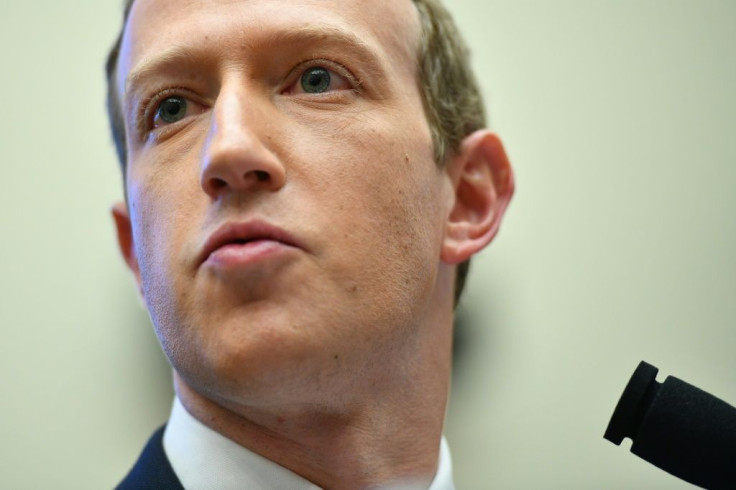Did Mark Zuckerberg Really Try To Sabotage TikTok In Washington?
Facebook CEO Mark Zuckerberg may have attempted to sabotage TikTok by convincing Washington lawmakers the Chinese-owned app was a threat to American business. The Wall Street Journal reported Zuckerberg was able to make his case to President Donald Trump during a White House dinner in October, arguing that tackling the popular video-sharing app should be a greater priority than regulating Facebook.
Following these conversations, in October, Senate Minority Leader Chuck Schumer, D-N.Y., and Rep. Tom Cotton, R-Ark., called for an investigation into TikTok and its potential security risks. Trump eventually signed an executive order banning the app in the U.S., a move that TikTok plans to challenge in court.
Zuckerberg is reported to have seen TikTok as a potential competitor to Facebook, particularly in the realm of advertising. With a considerable userbase, it was feared the ByteDance-owned app would draw ad revenue away from other social networks, including Facebook.
Zuckerberg’s attempts to quietly undermine TikTok are eerily similar to his alleged rationale for purchasing Instagram in 2012. During a recent House Antitrust hearing, the committee cited internal communications in which the CEO said acquiring the upstart social network could prevent it from becoming competition for Facebook.
“Mark has never advocated for a ban on TikTok,” a Facebook spokesperson said about the allegations. “He has repeatedly said publicly that the biggest competitors to U.S. tech companies are Chinese companies, with values that don’t align with democratic ideals like free speech. It’s ludicrous to suggest that long-standing national security concerns — raised by policymakers on both sides of the aisle — have been shaped by Mark’s statements alone.”
White House trade adviser Peter Navarro also denied the claims, saying the reports have “zero credibility” and Zuckerberg had “zero influence” over Trump’s actions against TikTok.

© Copyright IBTimes 2025. All rights reserved.




















